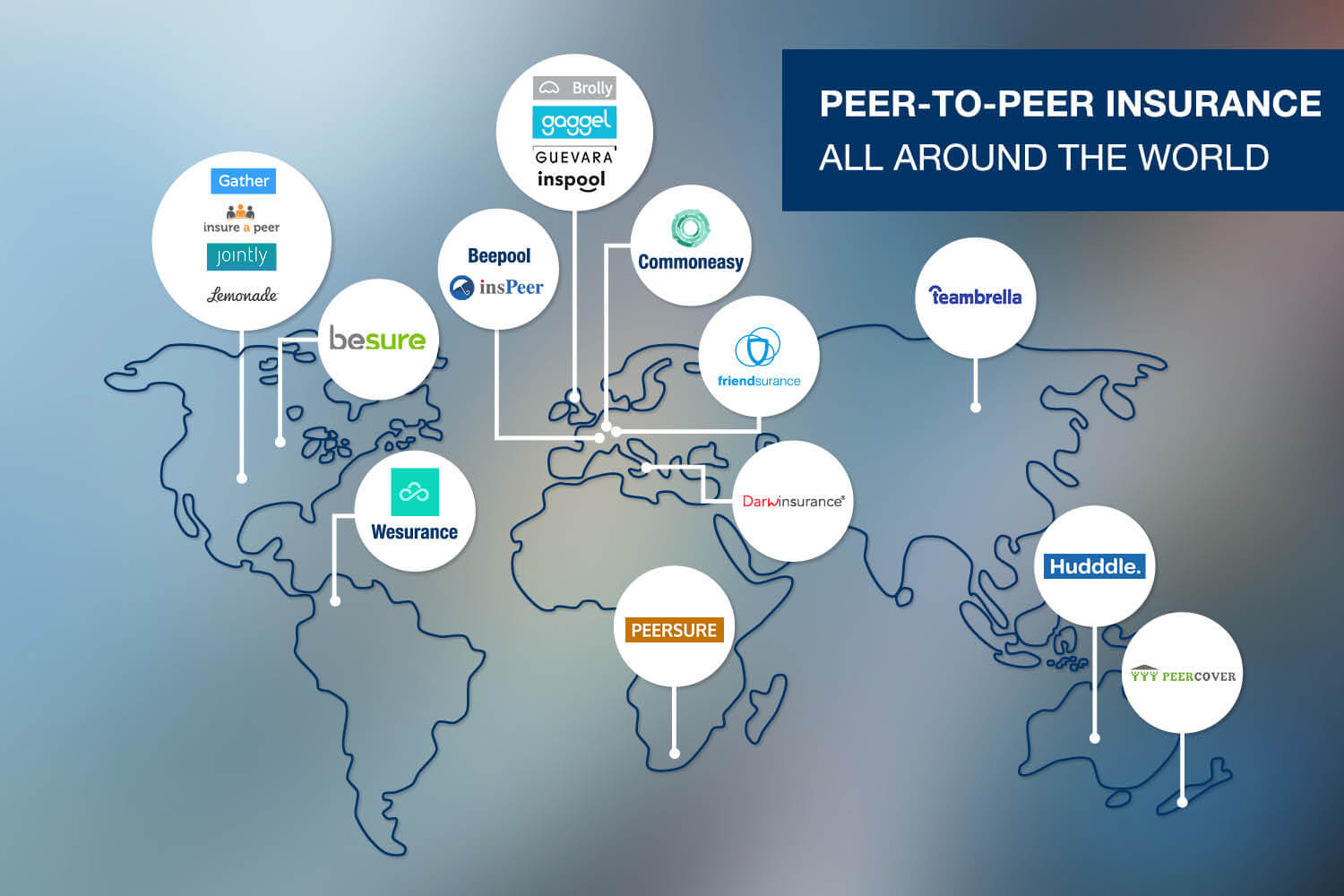Last week, I had the pleasure of attending Insuretech Connect in Las Vegas. My team obviously thought I spent my time gambling away investor money, but I really spent 12 hours straight per day listening to the latest insurtech discussions and speed-dating people from all over the industry in 15 minute slots. This all happened in this huge, unglamorous convention center. But while the venue maybe was not unique, the content definitely was: the amount and quality of attendees really was unparalleled and for the first time ever, I actually really felt insurance on the one hand and tech on the other hand mingle in a way that made it actually feel like one crowd. In this context, I’d like to share a couple of observations.

The rise of corporate venture capital
Not more than 2 years ago, corporate venture investors who were up to discuss tickets in the seven to eight digits could be counted on a hand – even missing a finger. Now practically all insurance players with regional let alone global ambition have invested heavily in their venture capital arms, some with impressive track records and experienced staff hired from outside, some with a rather experimental approach sponsored by line managers. It will be interesting to see whether insurers will do a better job countering disruption than (retail) banks have been able to and to what degree corporate venture had an impact.
Peer-to-peer? What peer-to-peer?
In slides depicting which technologies break the insurance value chain where, peer-to-peer is typically displayed as a separate horizontal layer. Having a consultant background, I can tell you this usually translates into „I have no idea where“. At the current point of the discussions a universal notion of peer-to-peer does not exist. Is it centered around direct risk sharing of policy holders (Friendsurance, Guevara, So-Sure), social redistribution of overall profits (Lemonade), or even crowdsourced claims regulation? What can be stated: Outsourcing parts of the value chain to the crowd/peers needs to beat the existing system by more than just a margin, and should be part of an overall improvement of the user experience. We will see very interesting results within the next year whether peer-to-peer can do that job and where.

Blockchain becomes mainstream – but is still far from widespread
Only a year ago, when the discussion headed towards blockchain people bekame awkwardly silent and just nodded along, the concept for most being as tangible as the Loch Ness monster in November mist. Now more and more real applications are known, further spurring imagination (or fear, depending on who you talk to). Suddenly the born-on-the-blockchain insurance does not seem so far away. My guess for the next year: Still a lot of discussion, but the hype will have cooled down because other areas are easier to disrupt while keeping the existing insurance core.
China is a different league
I had the pleasure of getting to know Wayne Xu, the COO of ZhongAn Insurance, who shared a number of fascinating thoughts on their business. ZhongAn’s main investors are the absolute heavy weights of China: Alibaba, Tencent and PingAn. And apparently ZhongAn is doing a good job of leveraging this network: up to date, they have sold around 4 billion policies, as Wayne shared during a panel discussion. When you hear other insurance startups talk about their customer traction in thousands, maybe sometimes hundreds of thousands, then this number is absolutely mind blowing. ZhongAn so far has created this traction through selling low premium policies in a range of adjacent segments, e.g. return-delivery insurance. They recently started to expand also into more strategic segments, such as car insurance. It will be exciting to see how they are able to also unravel these more traditional segments.
It’s all just beginning
Insuretech Connect was great and the place was buzzing. However, most of the projects that created excitement launched just recently and still have to set their mark. But with more and more attention, also more money and talent will pour into insurtech and set in motion a virtuous circle.
Tim Kunde, Co-Founder and Managing Director at Friendsurance.
Co-founding Friendsurance in 2010 as the first worldwide Peer-to-peer Insurance Platform he is an Insurtech Pioneer.
Tim started his career with Boston Consulting Group, advising various companies on consumer goods and insurance matters.
 Elon Musk kaufte Twitter für $44 Billion
Elon Musk kaufte Twitter für $44 Billion Wie gefährlich ist Noise Cancelling?
Wie gefährlich ist Noise Cancelling? Fahrraddiebstahl: Wie man den Versicherungsanspruch geltend macht
Fahrraddiebstahl: Wie man den Versicherungsanspruch geltend macht